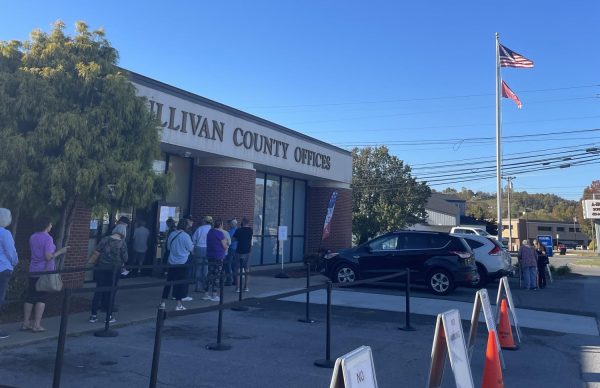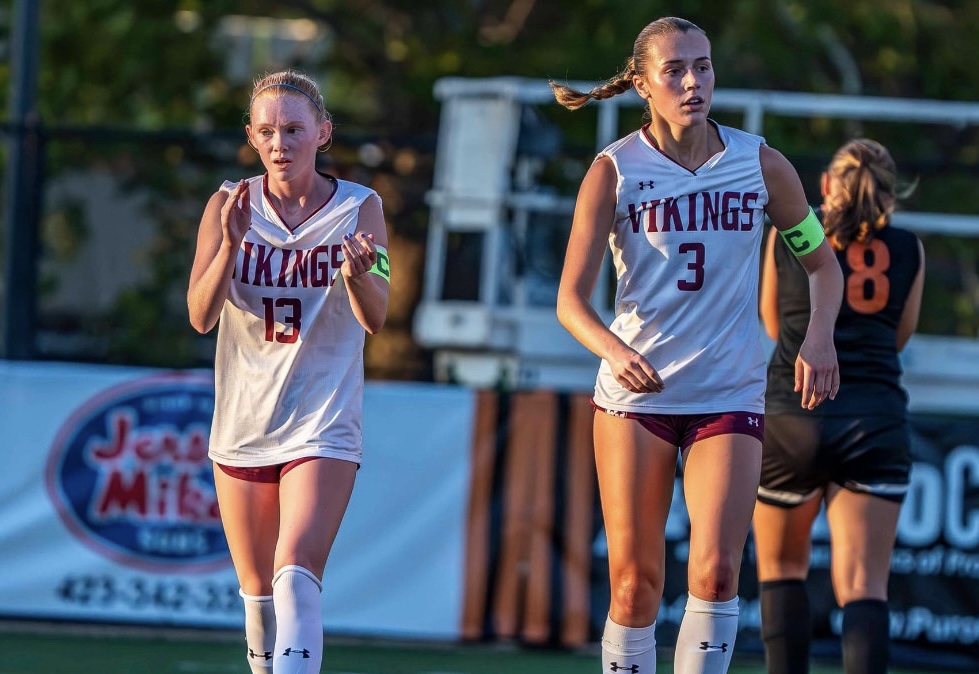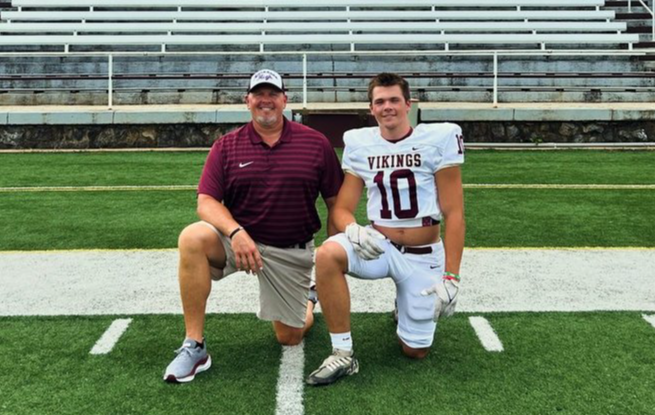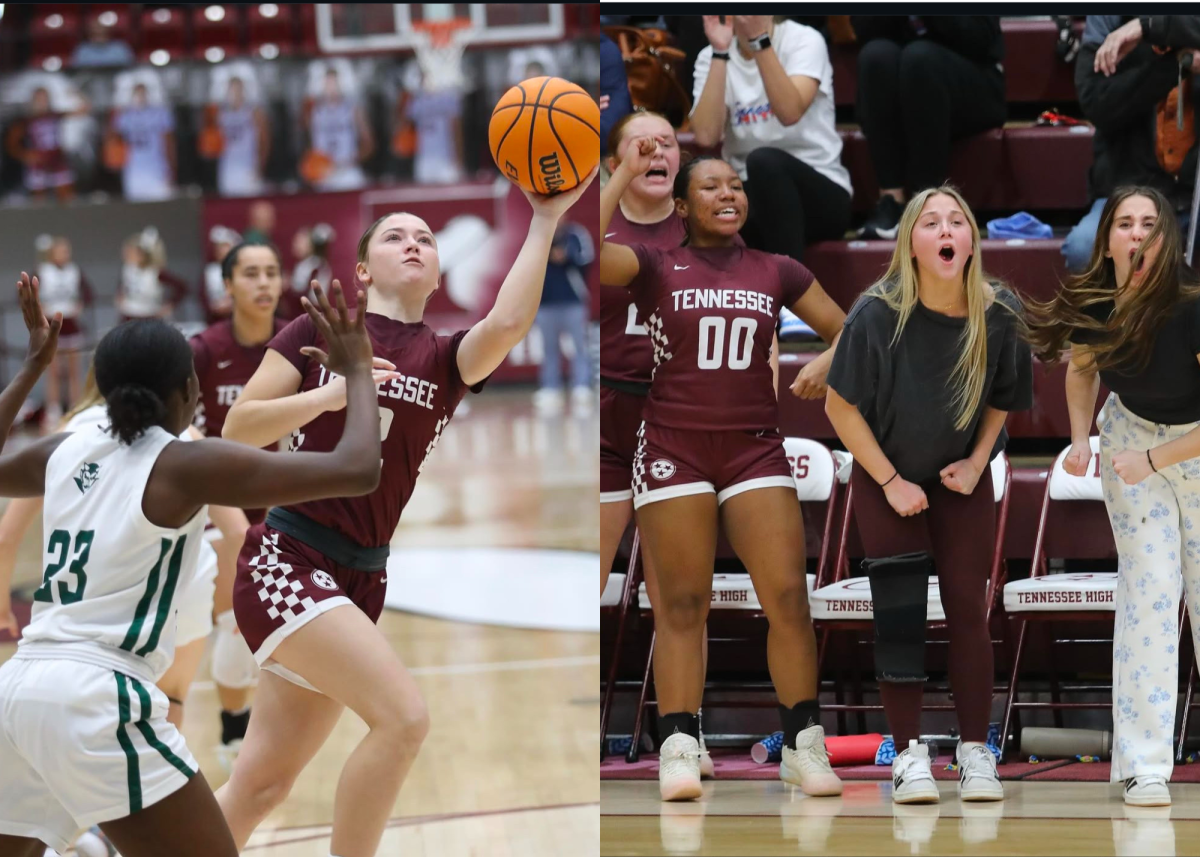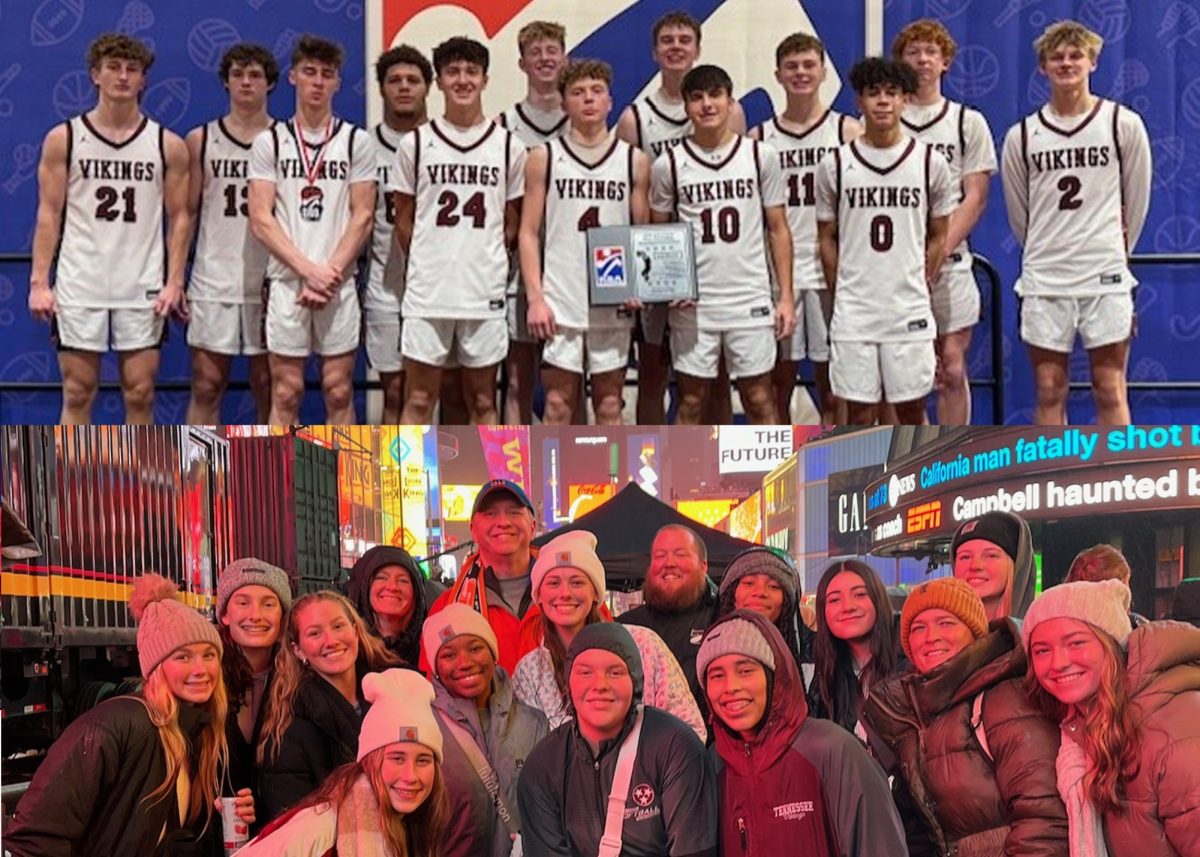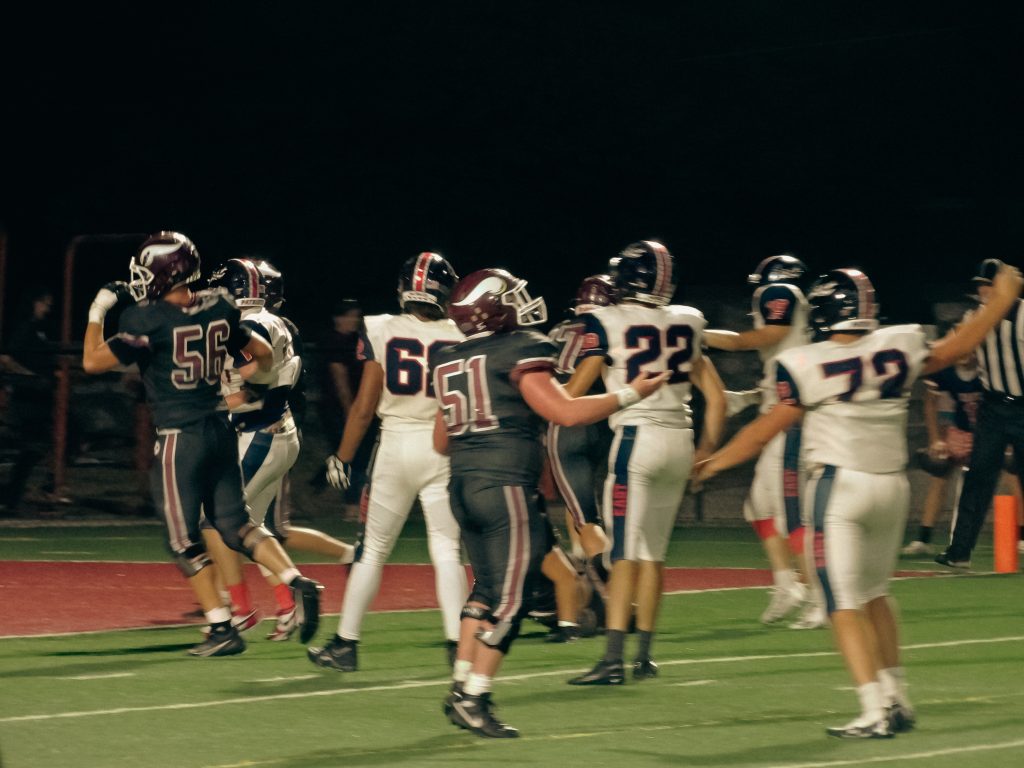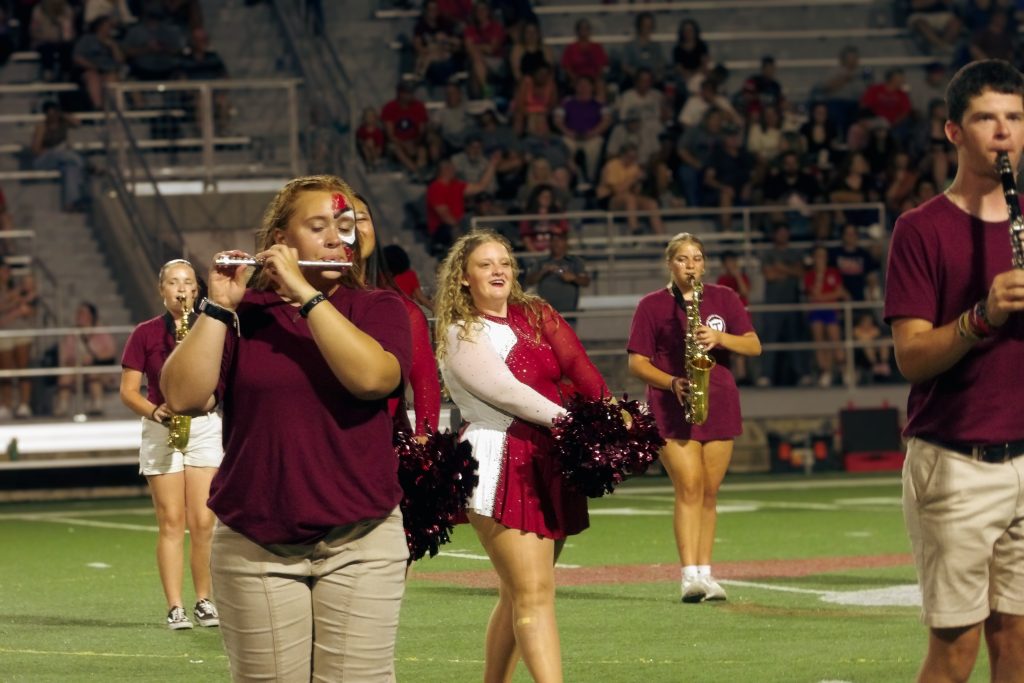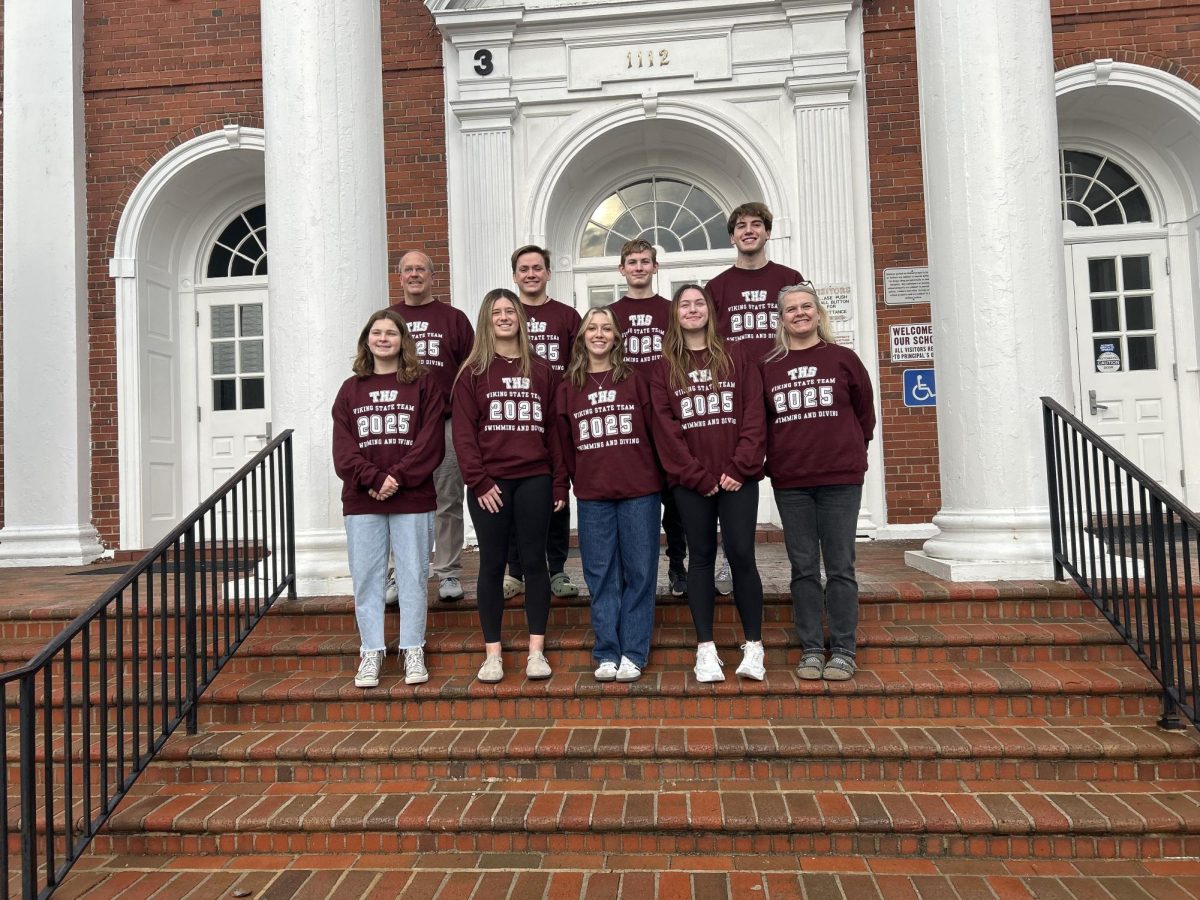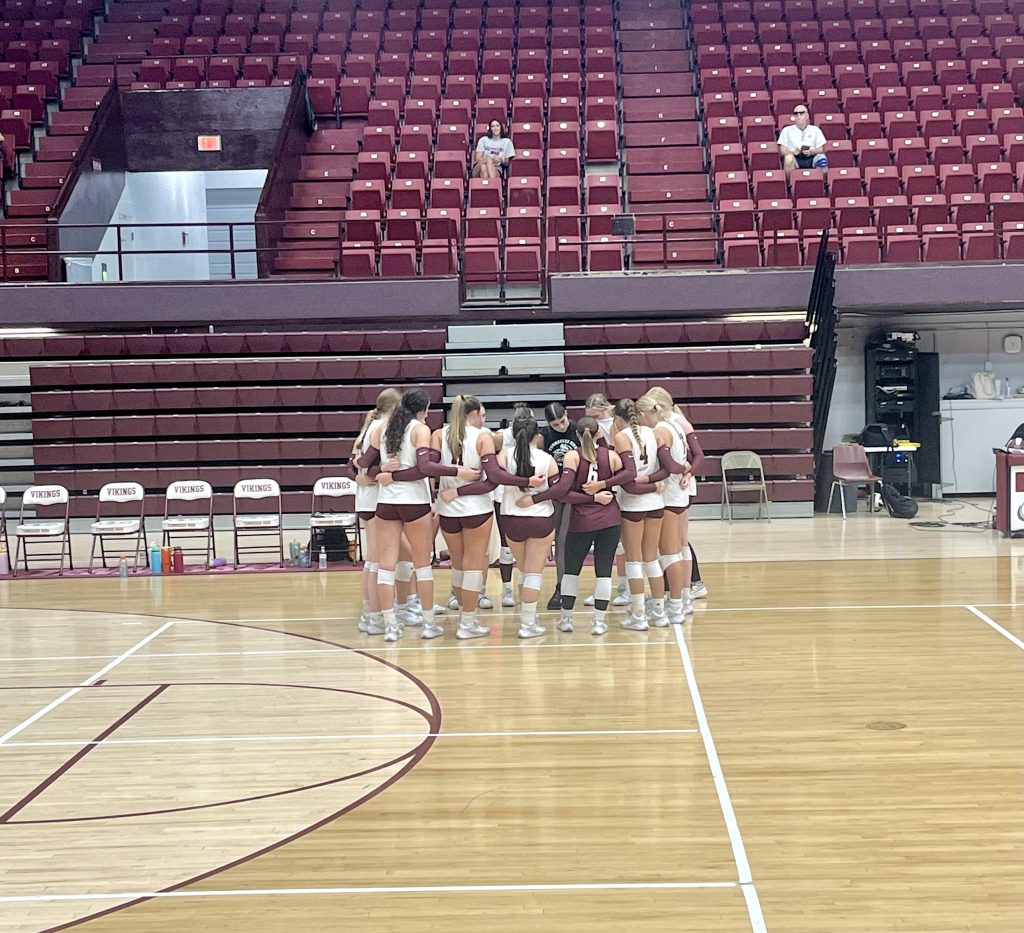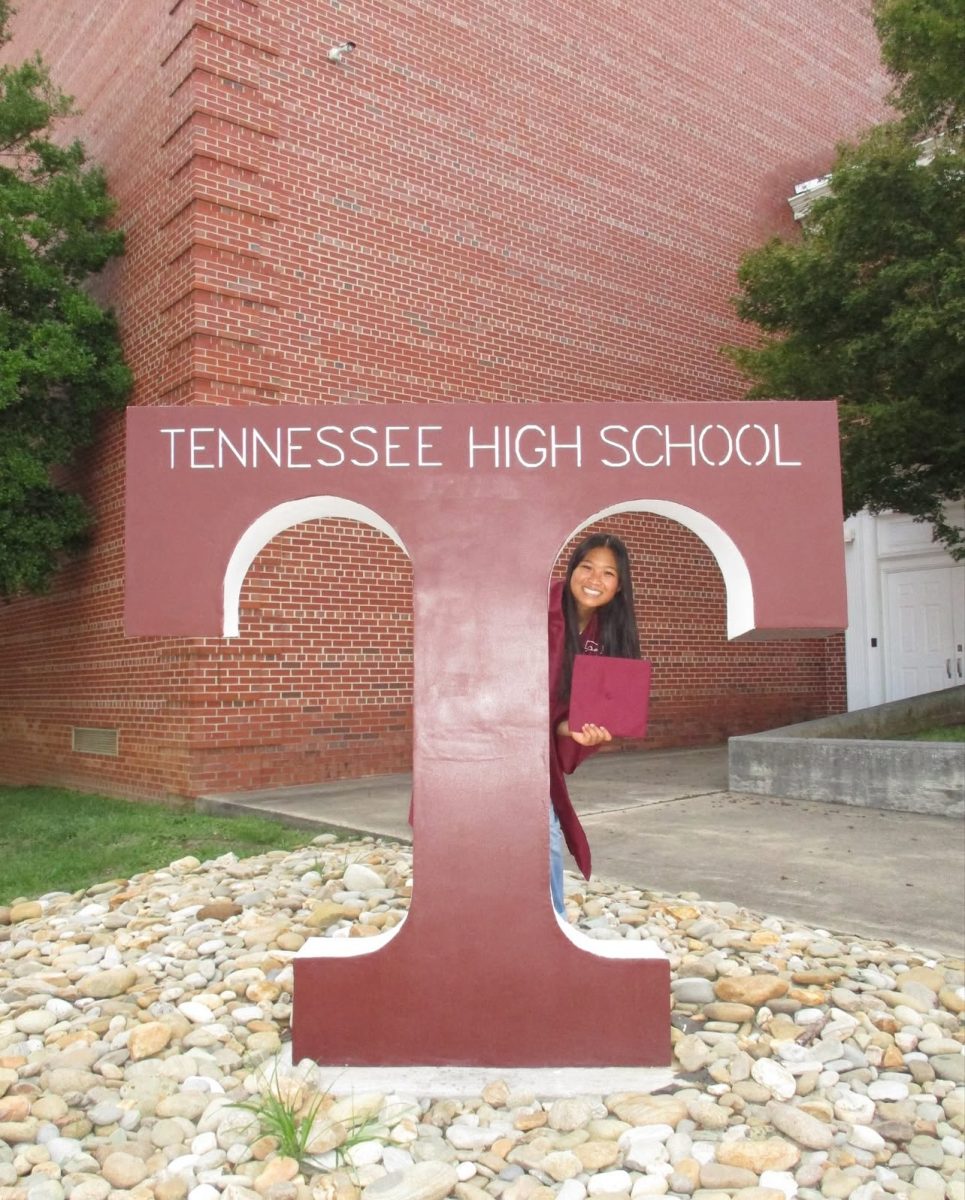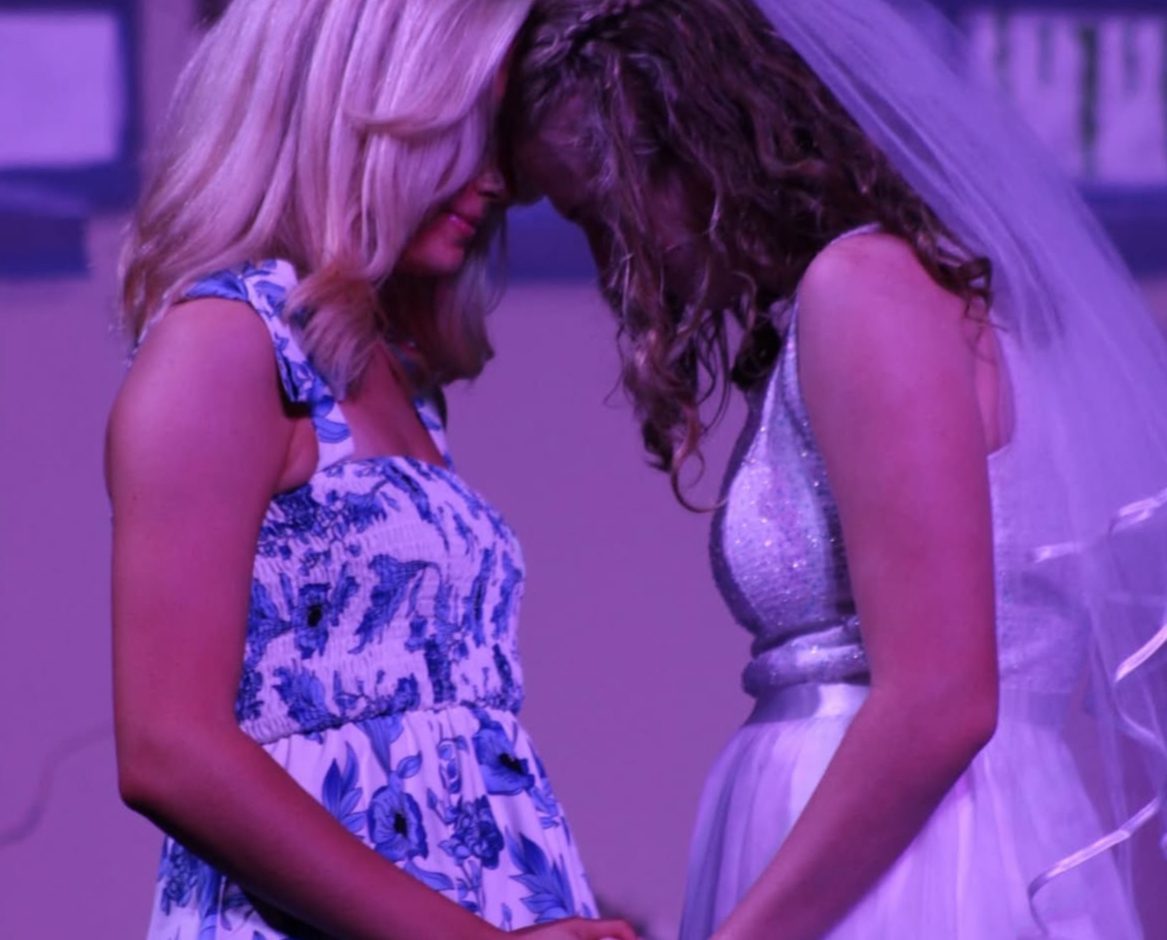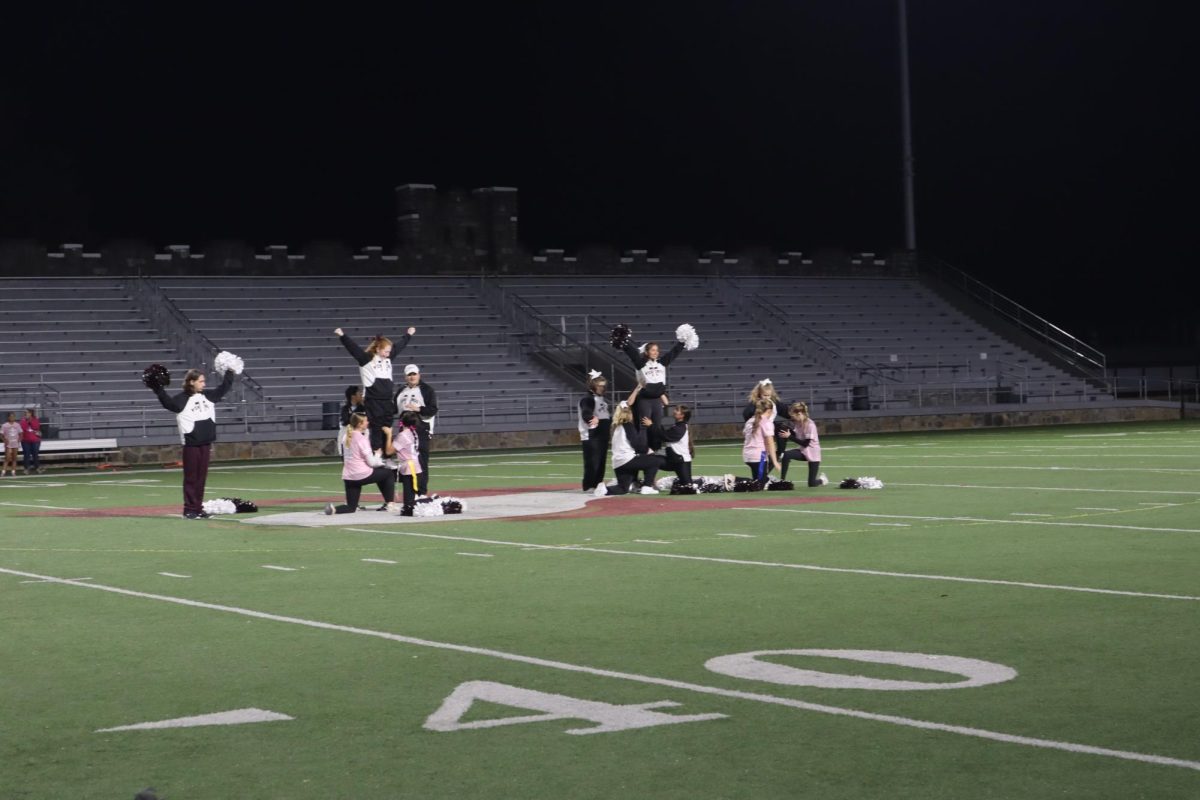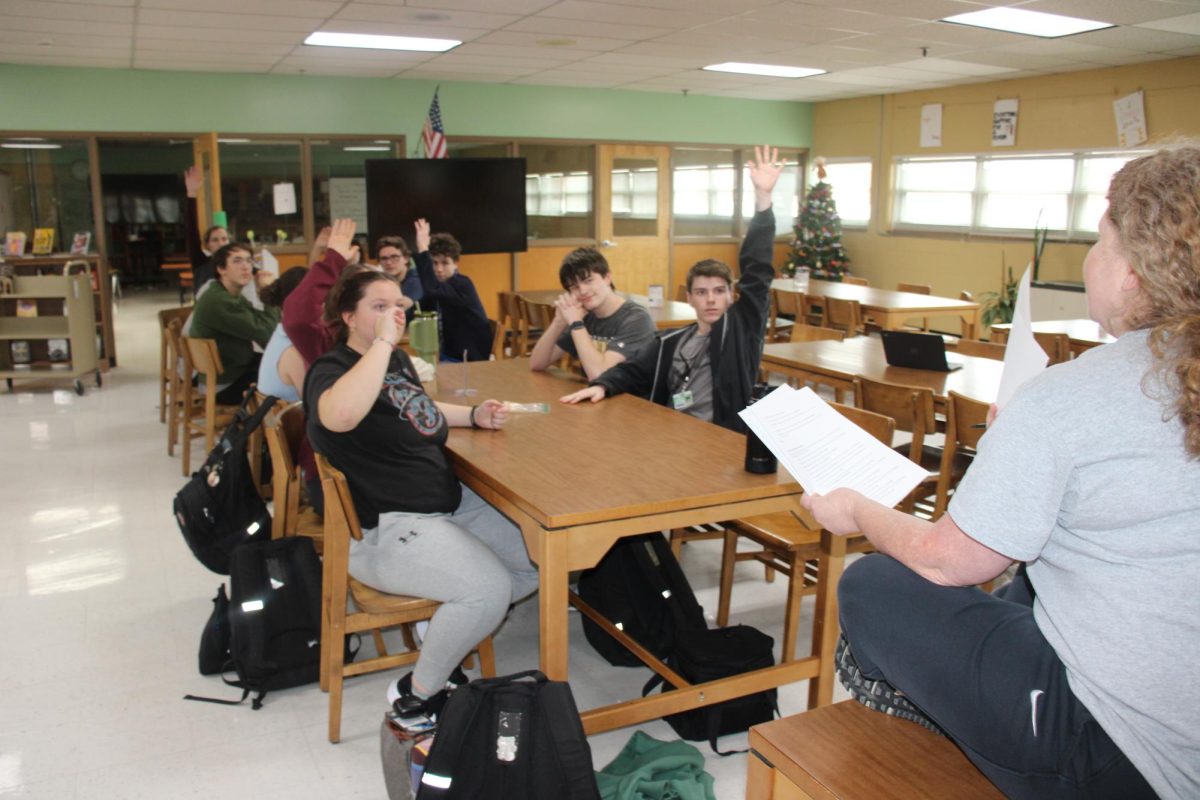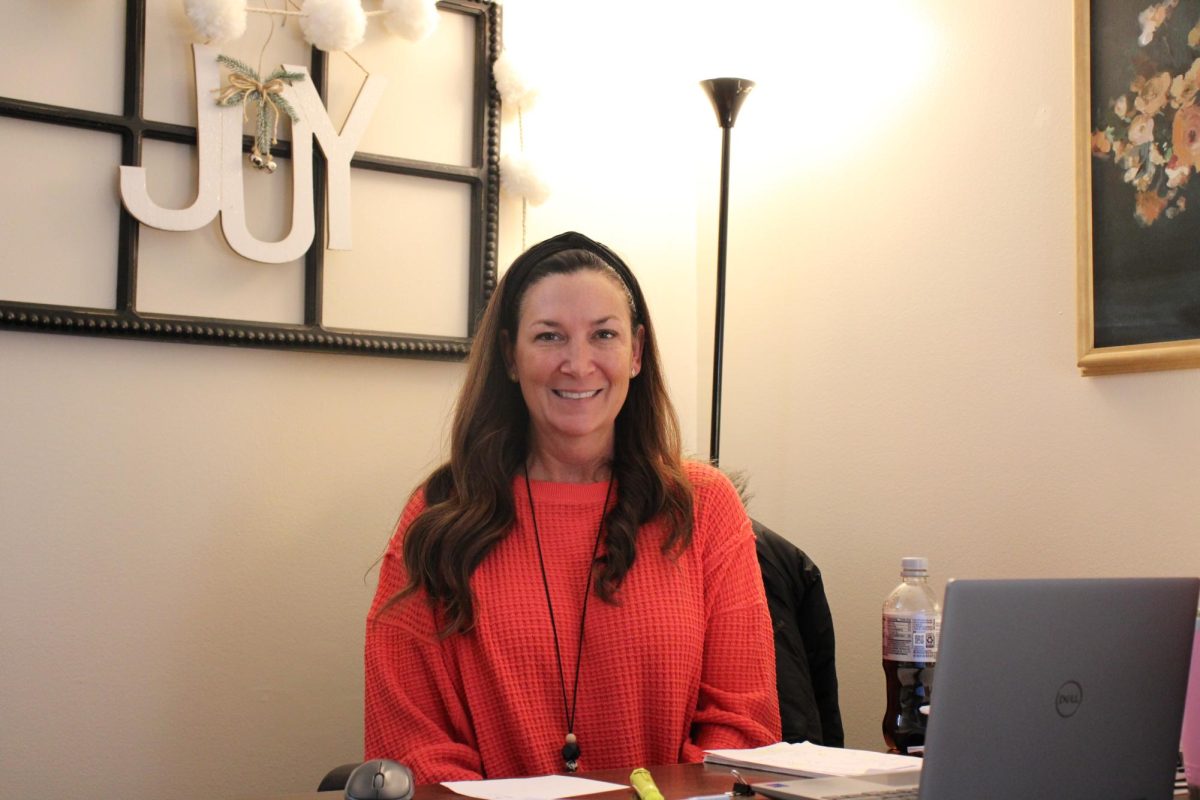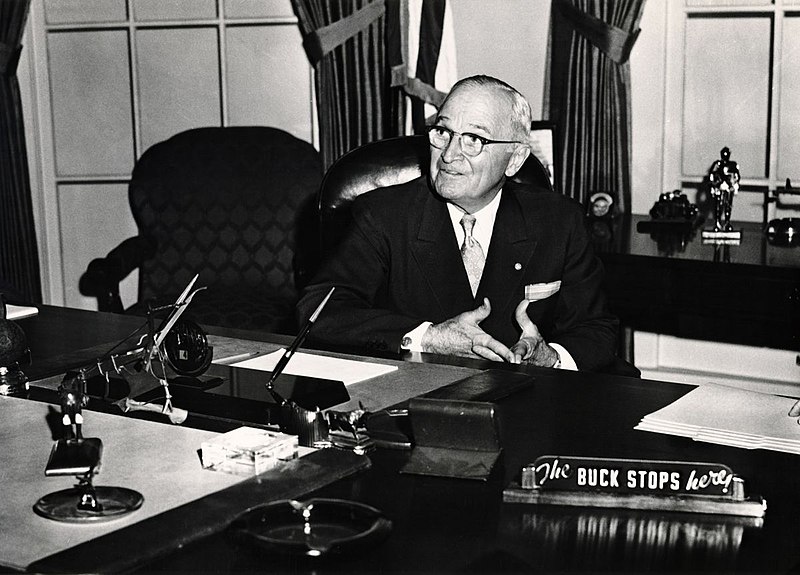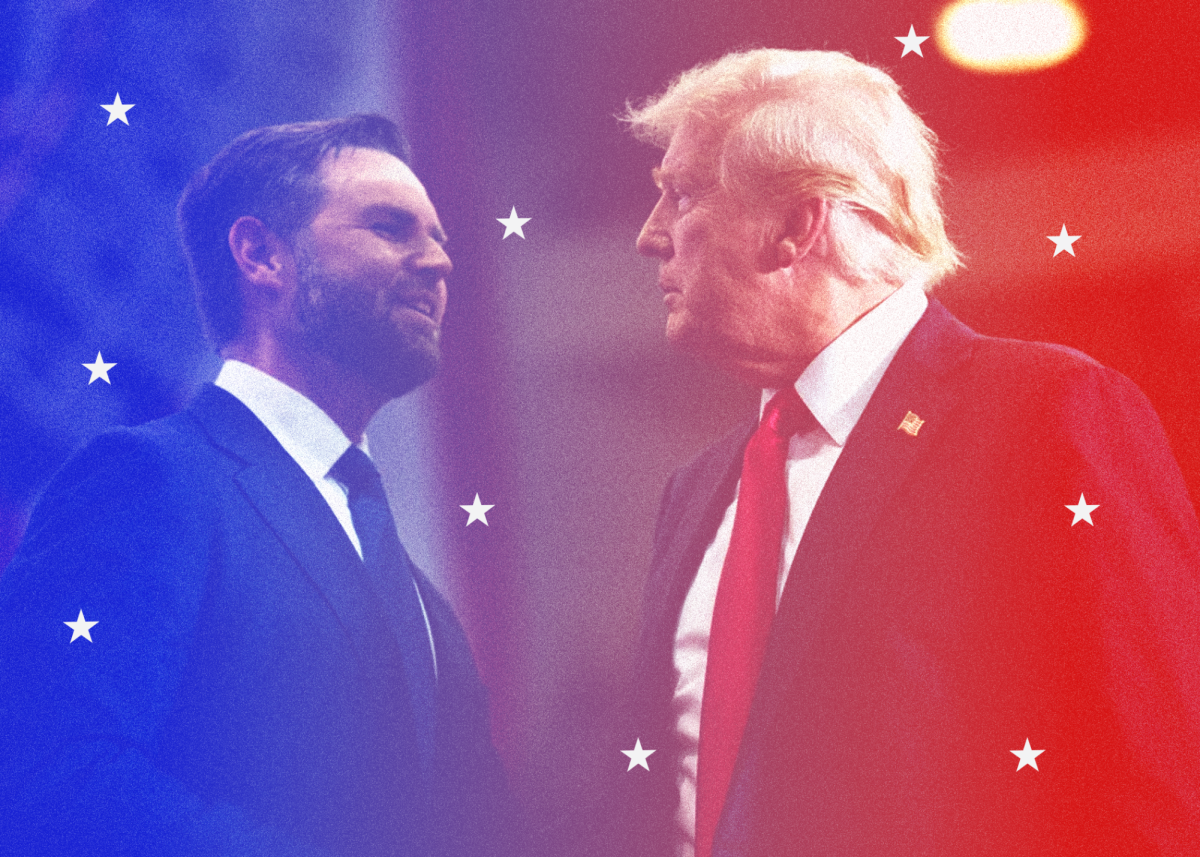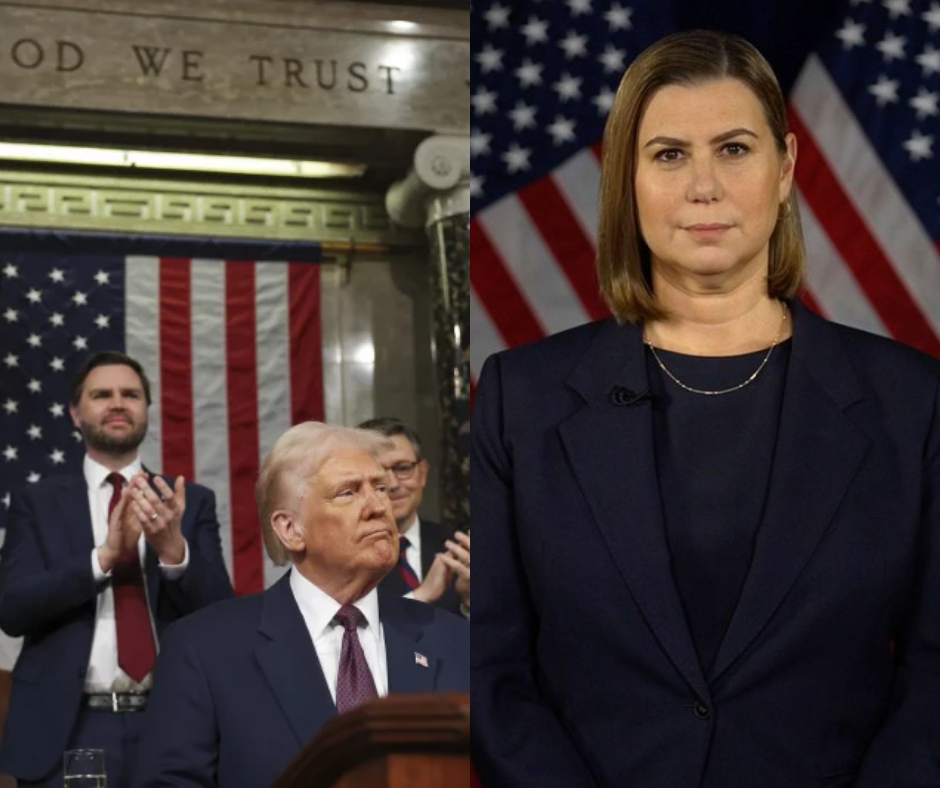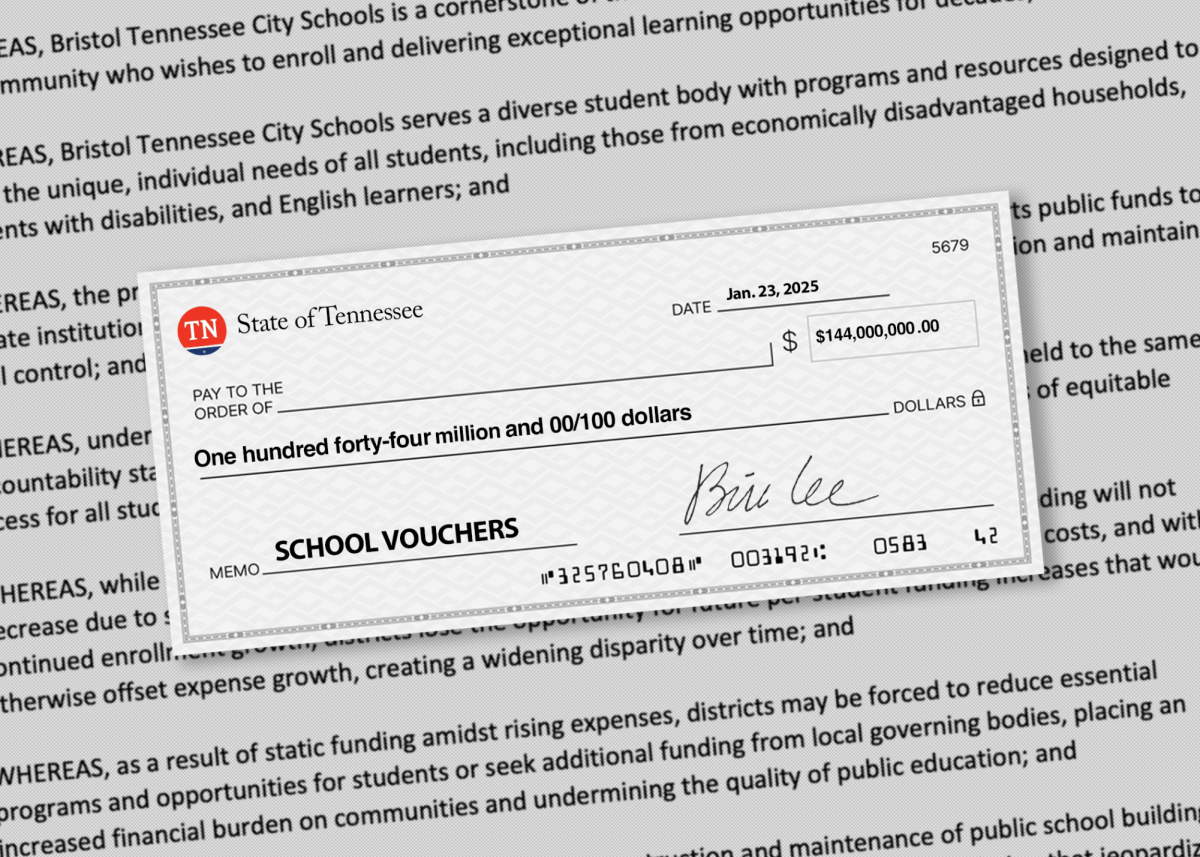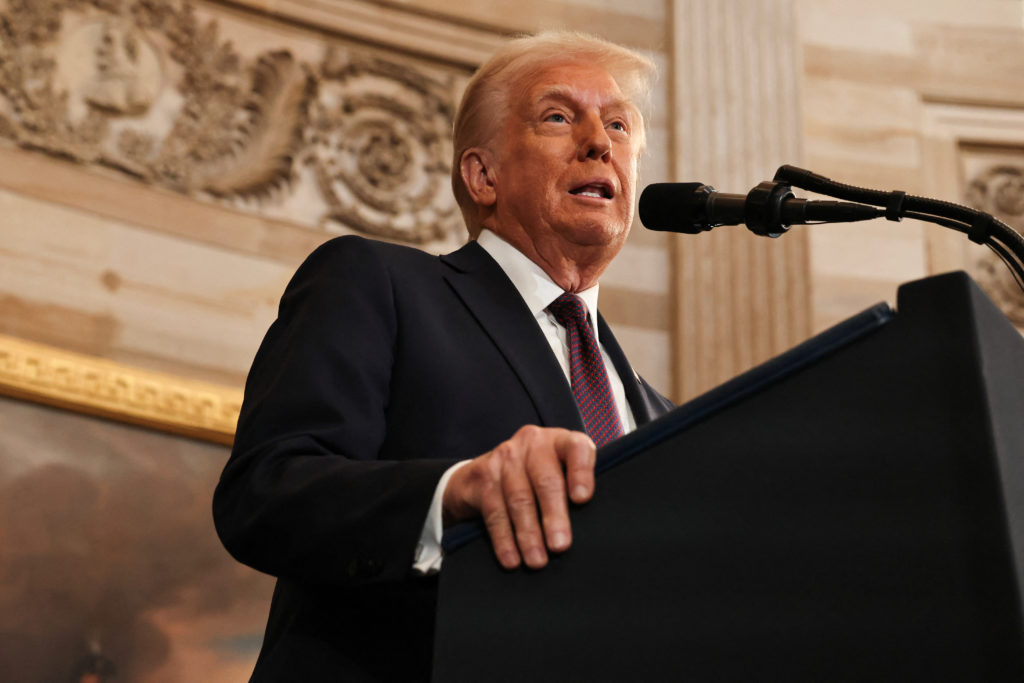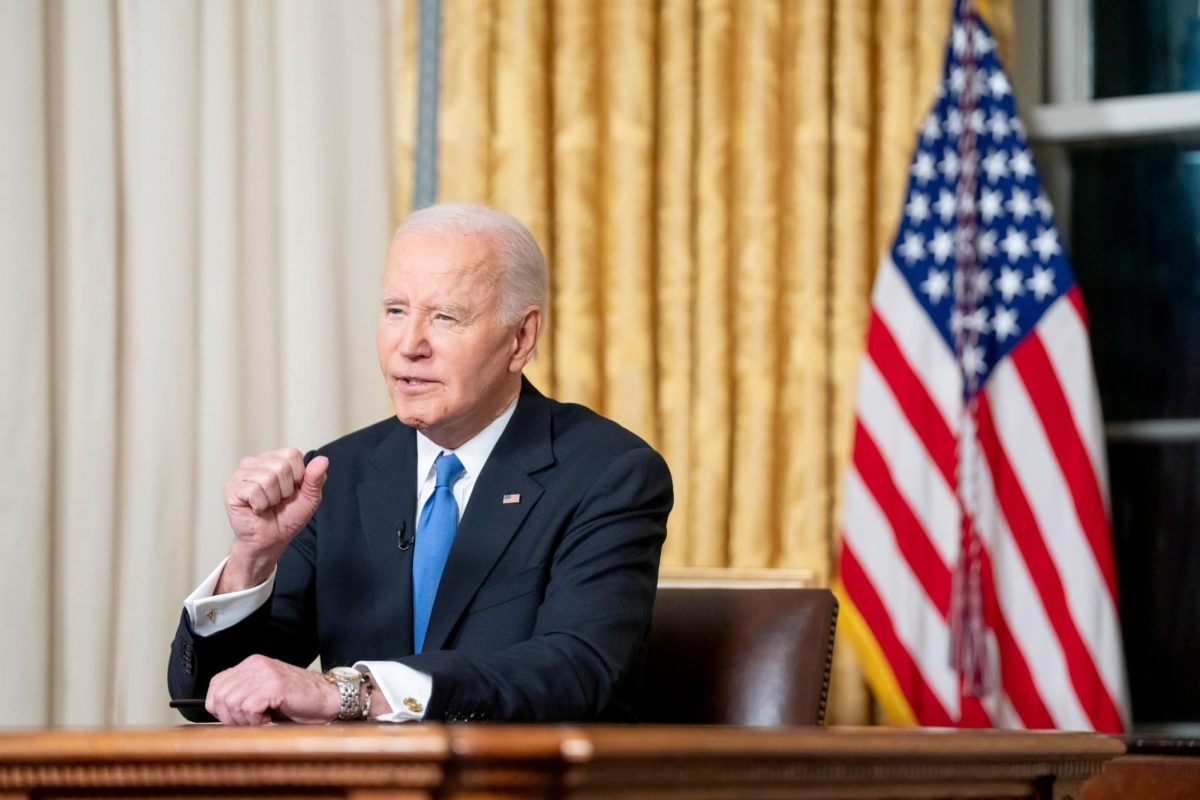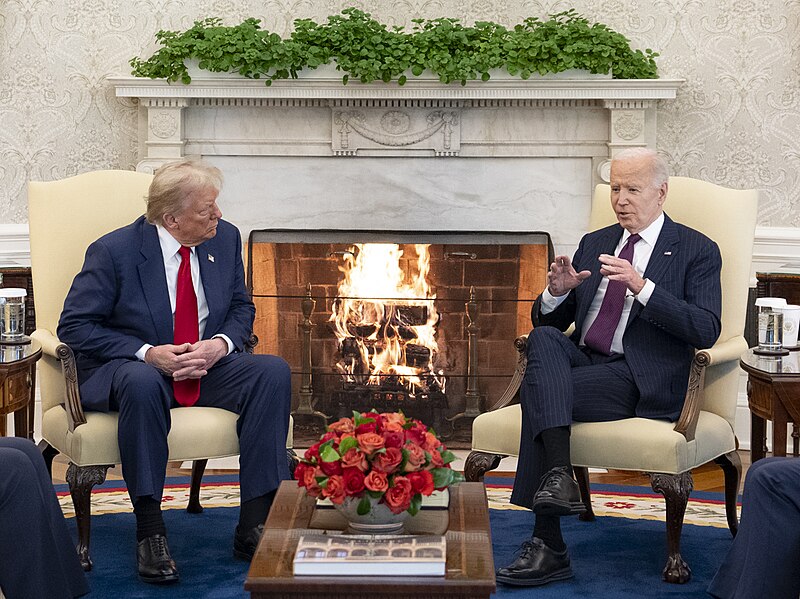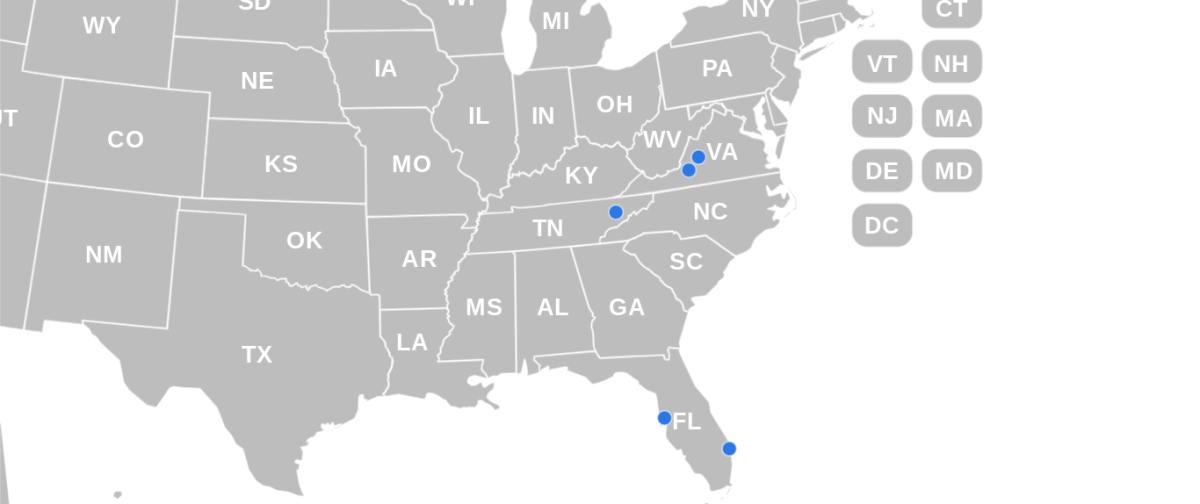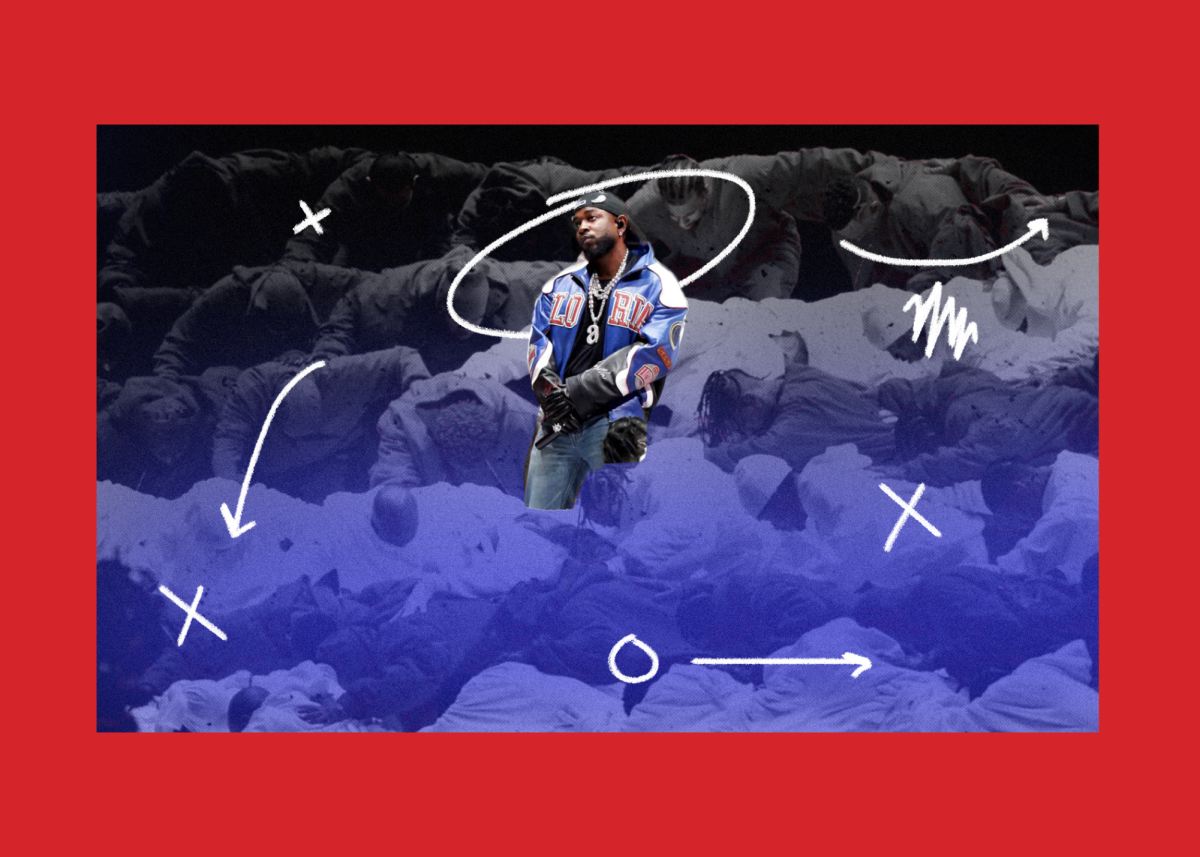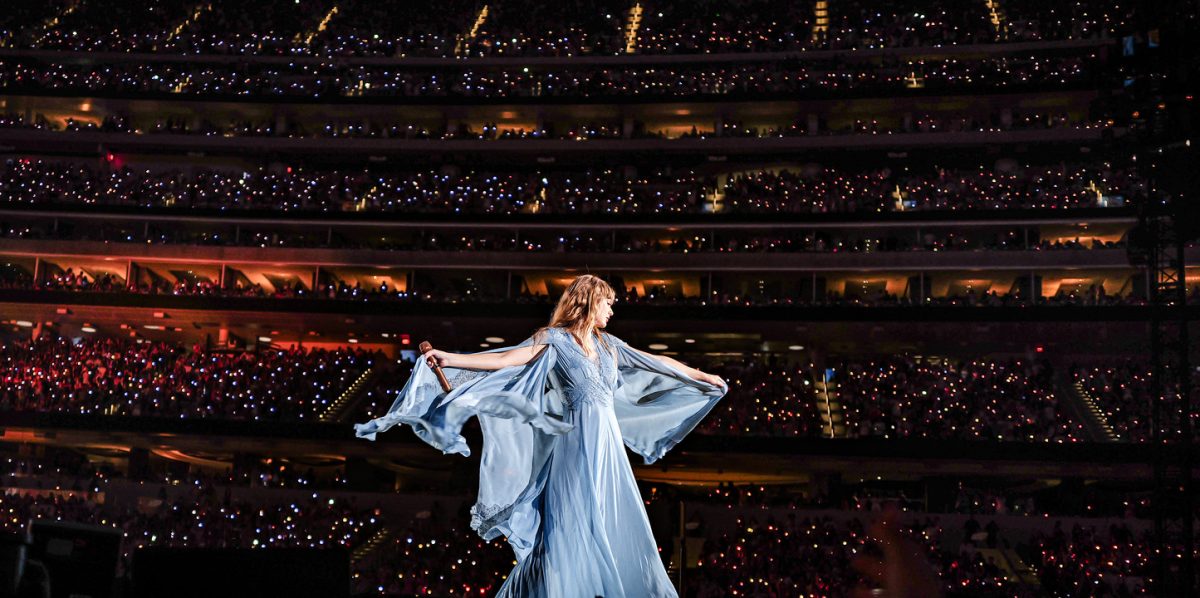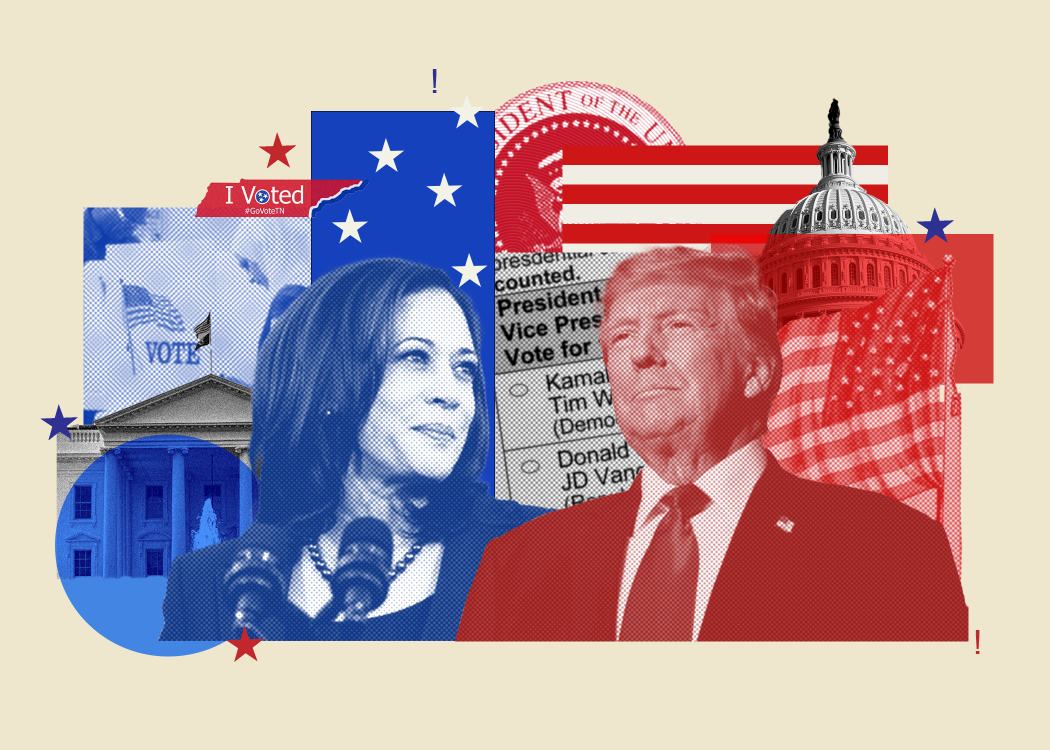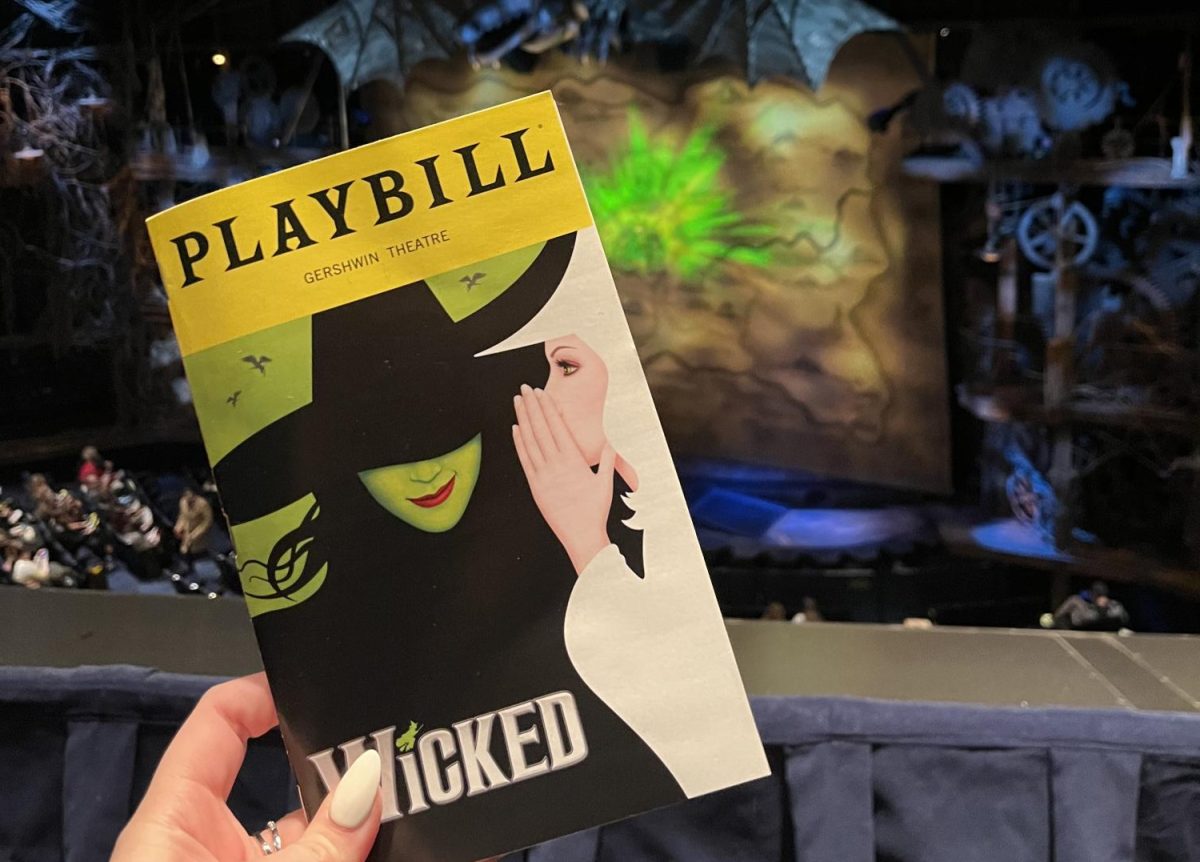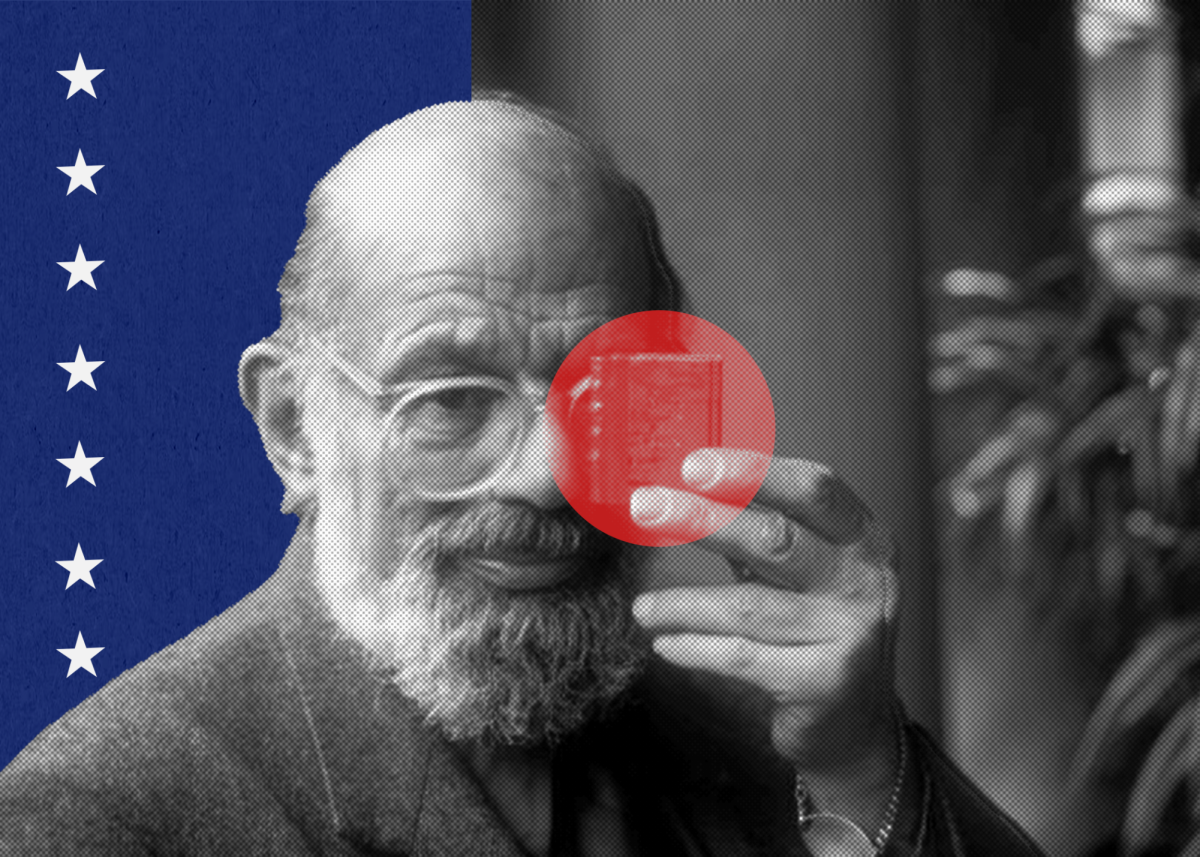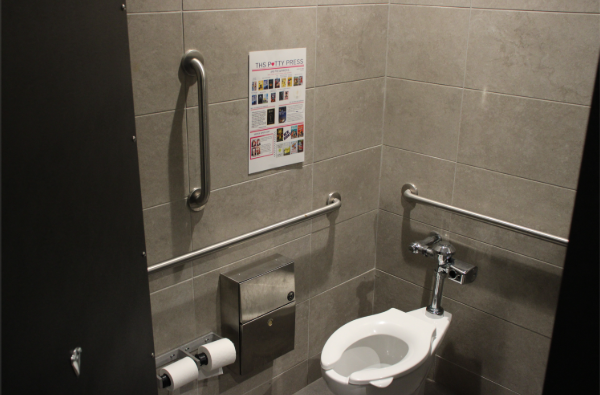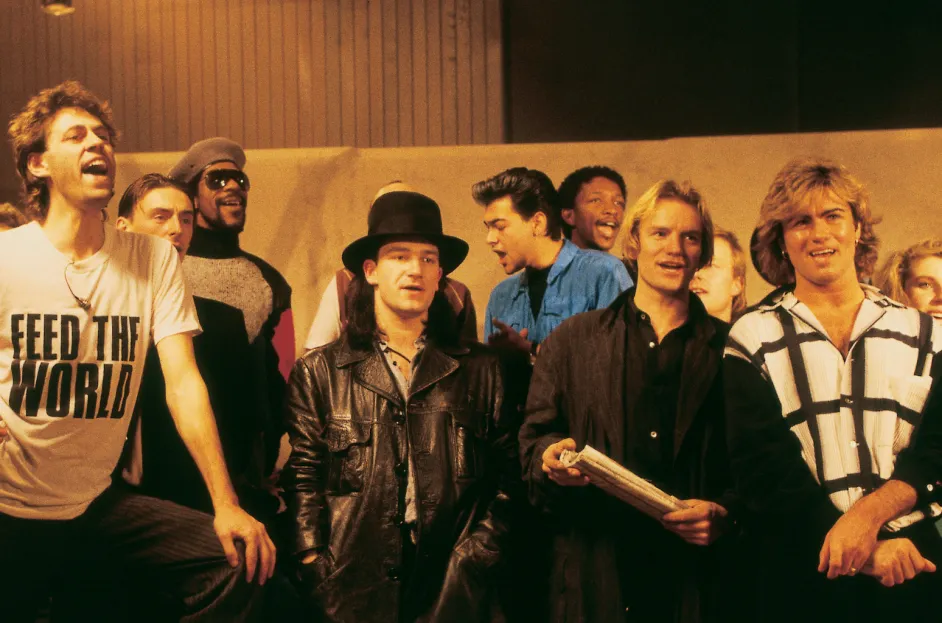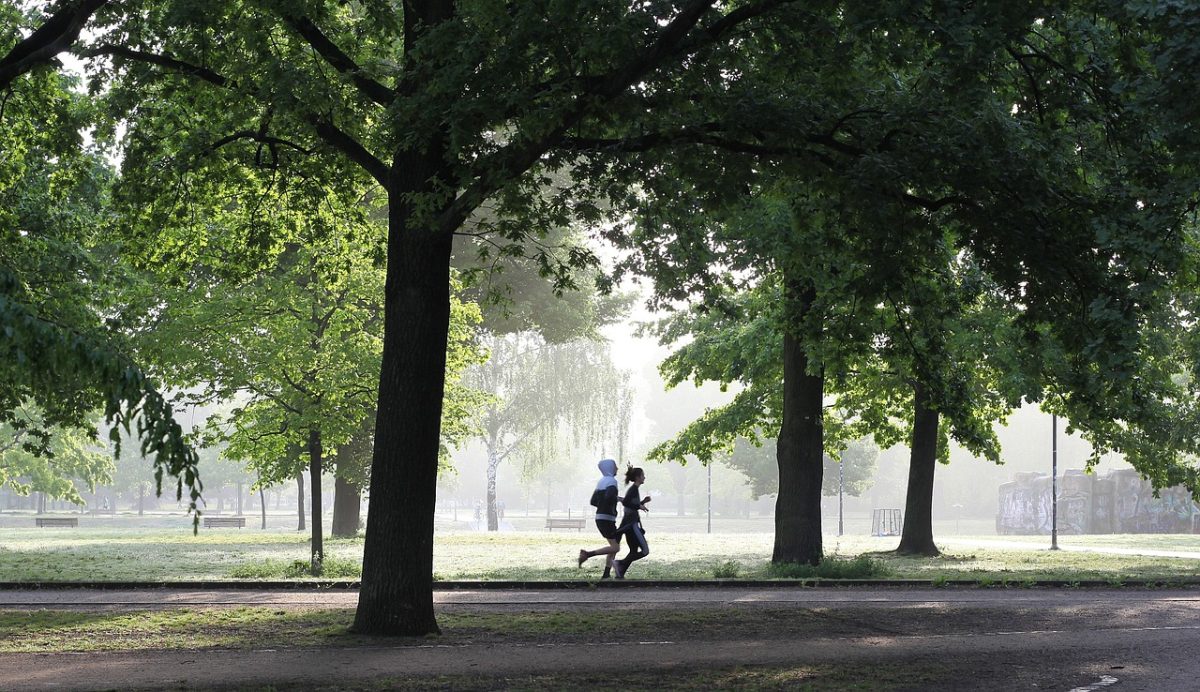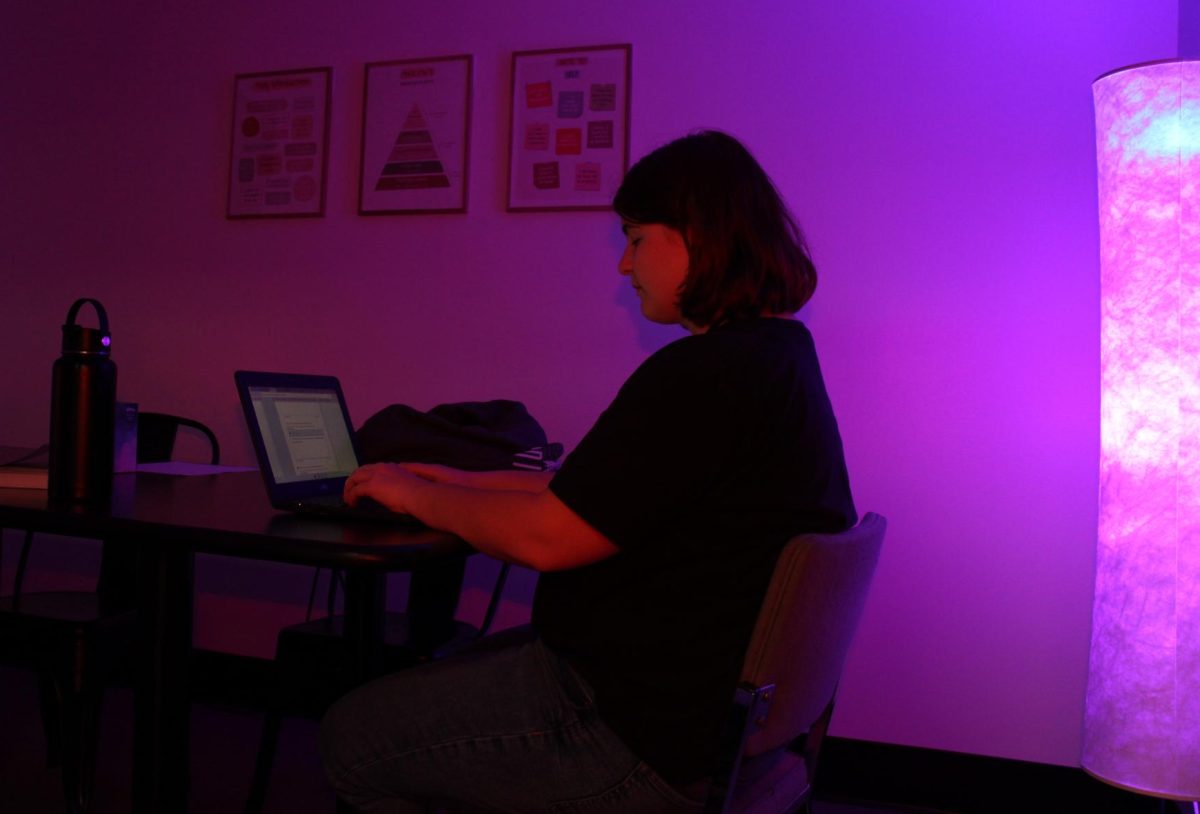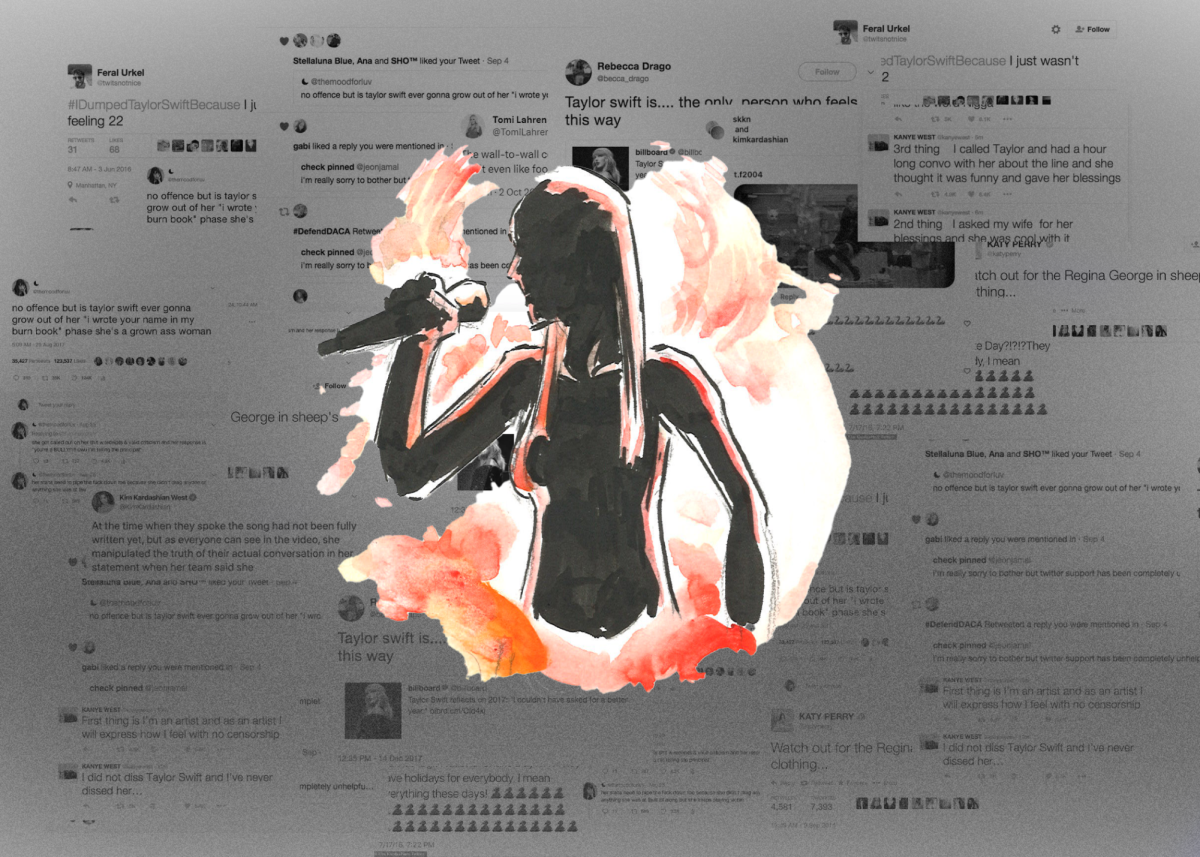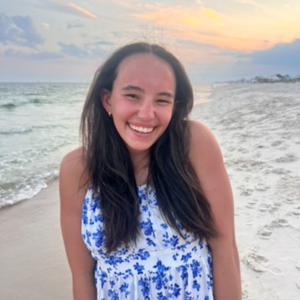We have all had to study for an exam before. We’ve all taken note cards and scribbled the most important information onto them. We’ve all highlighted keywords and phrases. We’ve all memorized underlined definitions. We’ve all quizzed our friends.
But no matter how we prepared, hopefully, we did it thoughtfully, and long before the day of the test.
Many of us will be ineligible to vote in tomorrow’s election. However, to become prepared for the future, we need to pay attention to the news and read up on candidates so that when our time to share our voice arrives, we will be ready.
After all, many of us will be able to vote in the 2026 midterm elections, and all of us will be eligible to vote in the 2028 election.
So far, this campaign season has been tense. From an assassination attempt to a last-minute candidate, the election cycle has been filled with more than a few unusual circumstances.
And the issues at stake—everything from the economy to immigration to reproductive rights to democracy itself—represent highly emotional and personal issues for everyone–not just those with a vote.
As a result, some potential voters have expressed disdain towards voting in its entirety.
But this political apathy does far more harm than good.
While choosing to be complacent may appear as expressing rebellion against the political system, we should participate in the democratic process because it empowers our voices to be heard.
“The easiest part of political participation is voting,” said Government and Economics teacher Andrew Cross.
Cross earned the Anne Dallas Dudley Gold Level award—named after the Tennessean woman who fought for womens’ suffrage—this past year after registering every eligible student to vote.
“We need more young people using that voice so that this country–this state–does something better for us.”
It is true, of course, that it can be difficult to decide who to vote for, especially when it can feel as though a single vote makes no difference. Politicians are often unclear about what they stand for, and the party most U.S. states support traditionally stays the same from election to election. If it was red last year, it will probably be red this year again, unless it’s a swing state.
However, when people choose not to vote, they cede their voice to those who do. Elections are determined by the preferences of those who participate; if a significant number of eligible voters abstain, the outcomes reflect the opinions of a smaller, less diverse group.
Senior Aidan Rodgers takes this idea to heart:“I think it’s important to vote so you can have representation in your government and make choices that better yourself and those around you.”
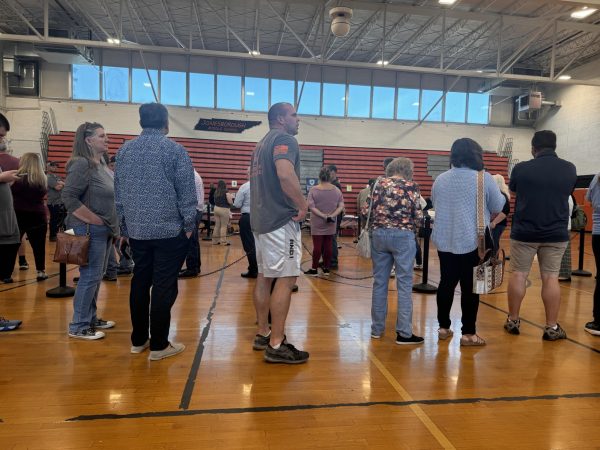
This representation isn’t something to be taken lightly, though. It has been hard-fought through American history by many minority groups and human rights activists, like Susan B. Anthony, Anne Dallas Dudley, and Martin Luther King Jr.
Choosing not to vote on account of feeling powerless in the political process is to undermine the foundations of democracy; where would we be as a country if everyone throughout U.S. history abstained from voting due to feeling that their voice is insignificant?
But, above all else, feeling as though one’s vote doesn’t matter is factually incorrect. This is seen in the Electoral College, whose electors are determined by the popular vote—and every presidential election is based upon the Electoral College.
Essentially, each state is allocated a set number of electoral college votes based on its congressional representation: each state has two senators and varying representatives based on its population.
For example, Tennessee has two senators and 9 house seats, meaning they have 11 electoral votes.
The total number of electoral votes for all states is 538, and candidates need to win a majority—270—of those votes in order to win the presidency.
In nearly every state, the winner of the state’s popular vote determines which party’s electors will cast electoral votes. The popular vote, of course, is determined by whichever candidate receives the most votes—which is where an individual’s vote comes in.
Although the candidate who wins the national popular vote is not guaranteed the presidency, the popular vote is crucial in determining how the electors of the electoral college for a state will vote.
So, even if someone is voting in a state that typically leans one way every election, that vote still impacts who is voted in through the electoral college.
And, understanding who you’re voting for is just as important as voting in general. While being indifferent might feel more powerful than voting, one way or the other,a candidate will still be elected into office.
No matter the results, we will all feel the effects in years to come. It is our responsibility to vote based on our own convictions, so that the country we live in better reflects the kind of world we hope to inhabit.
And, even though candidates are not always completely transparent about their policies, as voters, it is our responsibility to make an educated decision based on the candidate’s platform, campaign, political history, and a variety of news sources.
“Go to all the outlets, look at what they are saying, and find that nugget of truth,” said Cross. “What are they all reporting on? That’s your truth.”
The two Presidential candidates in this election, Democrat Kamala Harris and Republican Donald Trump, represent strongly contrasting worldviews, so it’s crucial to know where they came from and where they stand when deciding where to align one’s vote.
After President Biden announced he would be dropping out of the 2024 presidential race in July, it was unclear whether Vice President Kamala Harris would take his place in the campaign.
There were mixed opinions within the Democratic Party about Harris’ potential presidency. Many were elated that she might assume Biden’s place in the campaign–especially due to increased concern about the President’s mental and physical well-being—while others felt that Biden had been urged out prematurely.
Ultimately, Harris received the nomination at the 2024 Democratic National Convention in mid-August, along with her running mate, Minnesota Governor Tim Walz.
Perhaps her largest focus, abortion rights, is one of the most contentious issues of this election. Harris aims to restore the protections established by Roe v. Wade through federal legislation and has proposed eliminating the Senate filibuster to facilitate the passage of such laws.
“The majority of Americans believe in a woman’s right to make decisions about her own body,” said Harris at the September presidential debate. “I pledge to you, when Congress passes a bill to put back in place the protections of Roe v. Wade, as president of the United States, I will proudly sign it into law.”
Her policies resonate with senior Arabella Taylor, who feels her self governance is on the line.
Furthermore, Harris plans to enact economic policies based on what she refers to as an “opportunity economy,” which aims to support the middle class and address income inequality.
In these policies, Harris also advocates for raising the minimum wage to $15 per hour, as she emphasizes that its increase is essential for workers to meet their basic needs and will lift millions out of poverty.
“We are building an economy that works for all of us, not just the wealthy few,” said Harris at a campaign rally. “It’s time we invest in the American people and ensure that everyone has the opportunity to thrive.”
For the Republican platform, Donald Trump is running for his second term in office, after he was first elected president in the 2016 election and lost the 2020 election.
Trump announced his initial candidacy for president in 2015 after maintaining a high profile in numerous elections of the past.
Accepting the nomination at the Republican National Convention in late July 2016, Trump sought to realign the country with a more conservative focus.
Now campaigning once again with the familiar slogan “Make America Great Again,” Trump pledges to end taxes on tips, enact additional tax cuts similar to those passed in 2017, and leave the issue of abortion for each individual state to decide.
“Immigration is the worst thing for our economy,” said Trump at the September presidential debate. “Look at what they have done to our country by allowing these millions and millions of people to come into our country.”
Furthermore, Trump plans to enact economic policies focused on fostering economic growth through regulatory cuts, tariffs, and tax changes.
In these policies, Trump also advocates for increasing U.S.-based manufacturing, which he emphasizes will boost the economy through a focus on renegotiating or imposing tariffs on trade deals unfavorable to American interests.
“We’ve had a terrible economy because of inflation, the worst in the nation’s history,” said Trump at a campaign rally.
This sentiment is shared by senior Matthew Britton, who doesn’t agree with the policies of our current administration.
Overall, both candidates espouse consequential beliefs and policies they hope to enact if they win the upcoming presidency.
Regardless of where one’s political beliefs lie, it’s undeniable that our future rests on this election. Many of us will be adults under the president elected, and actively choosing to bow out of the election process is choosing to willingly submit to a leader.
There is a quote in Harry Potter and the Goblet of Fire that says, “We are only as strong as we are united, as weak as we are divided.”
Even though individual actions may feel insignificant, unity and informed participation strengthen the collective impact—particularly when it comes to voting and civic responsibility. One’s vote isn’t just a choice—it’s a voice.
